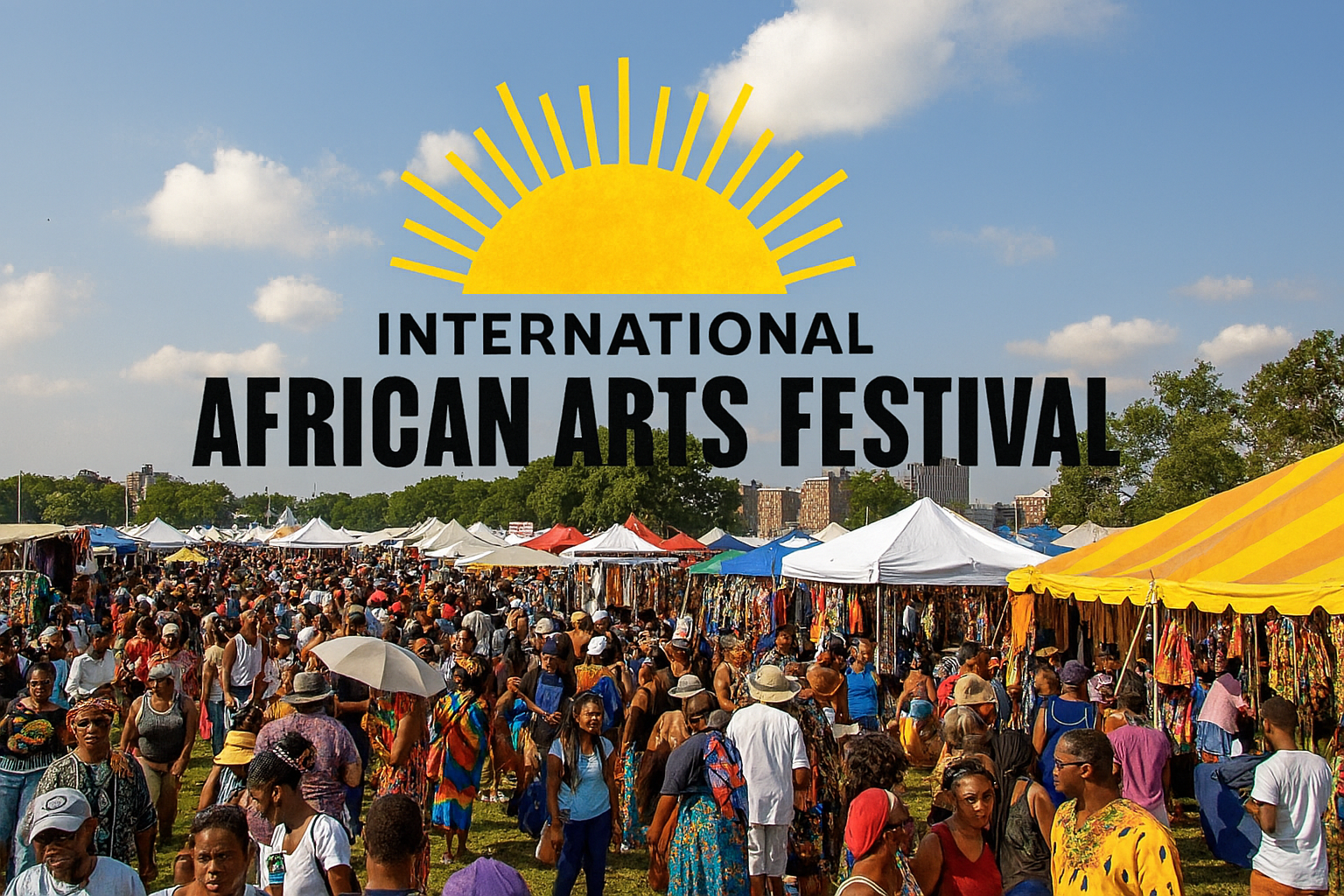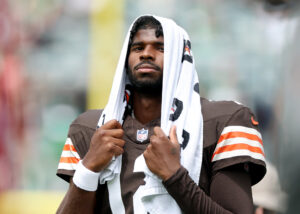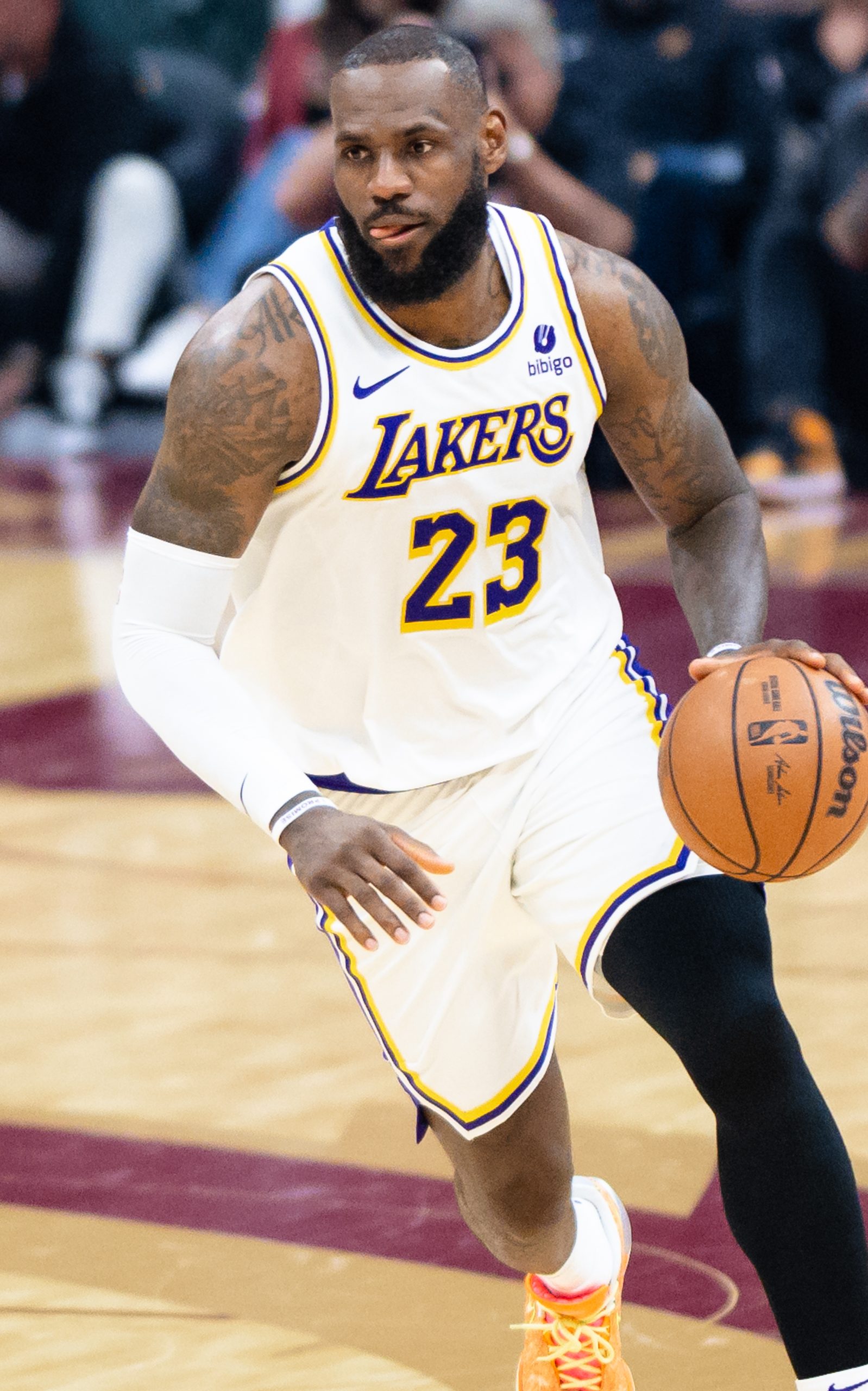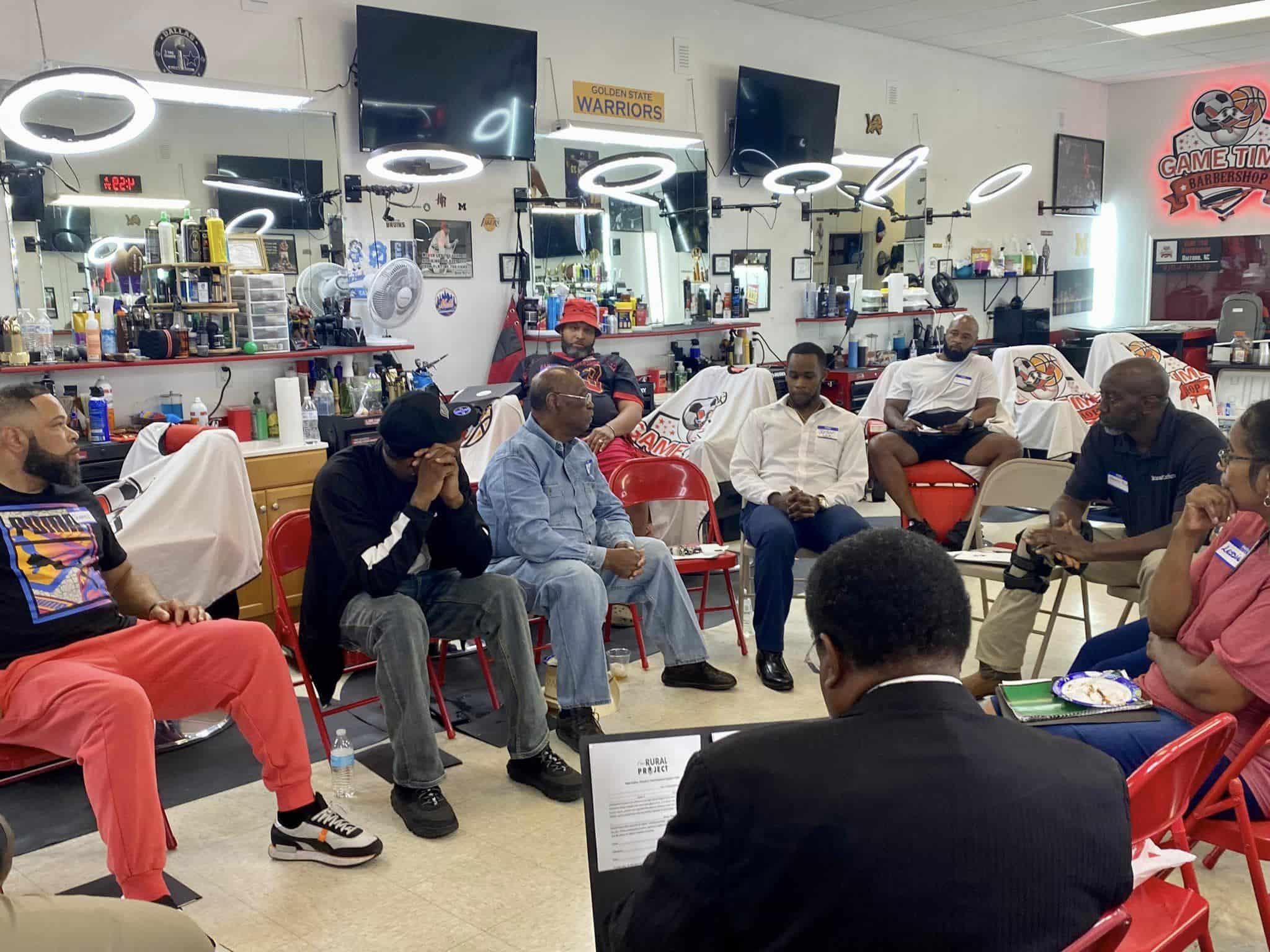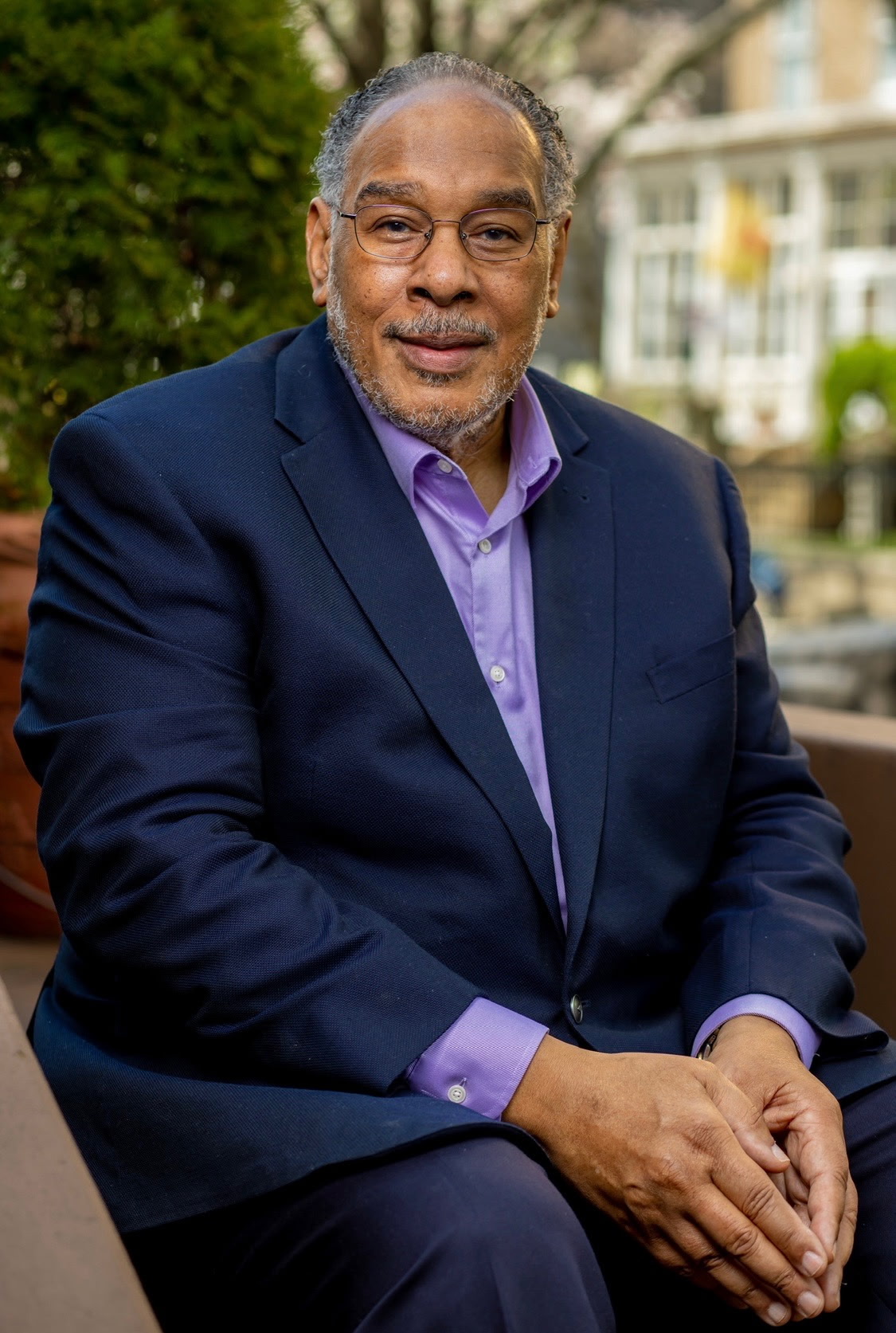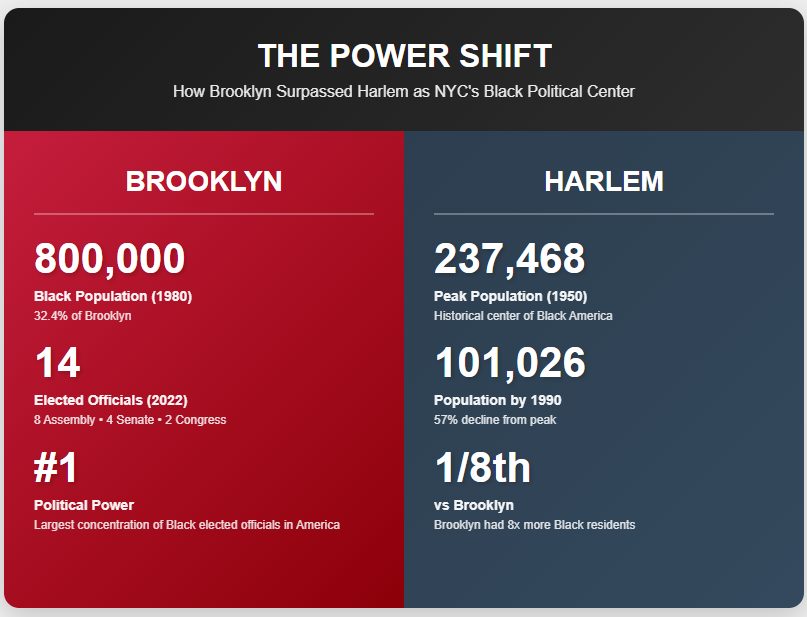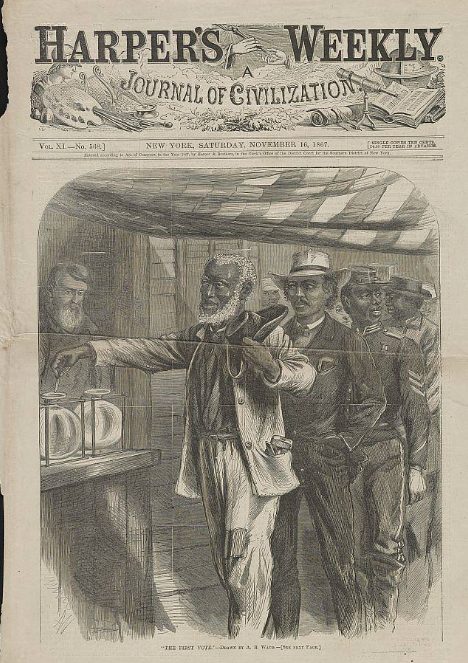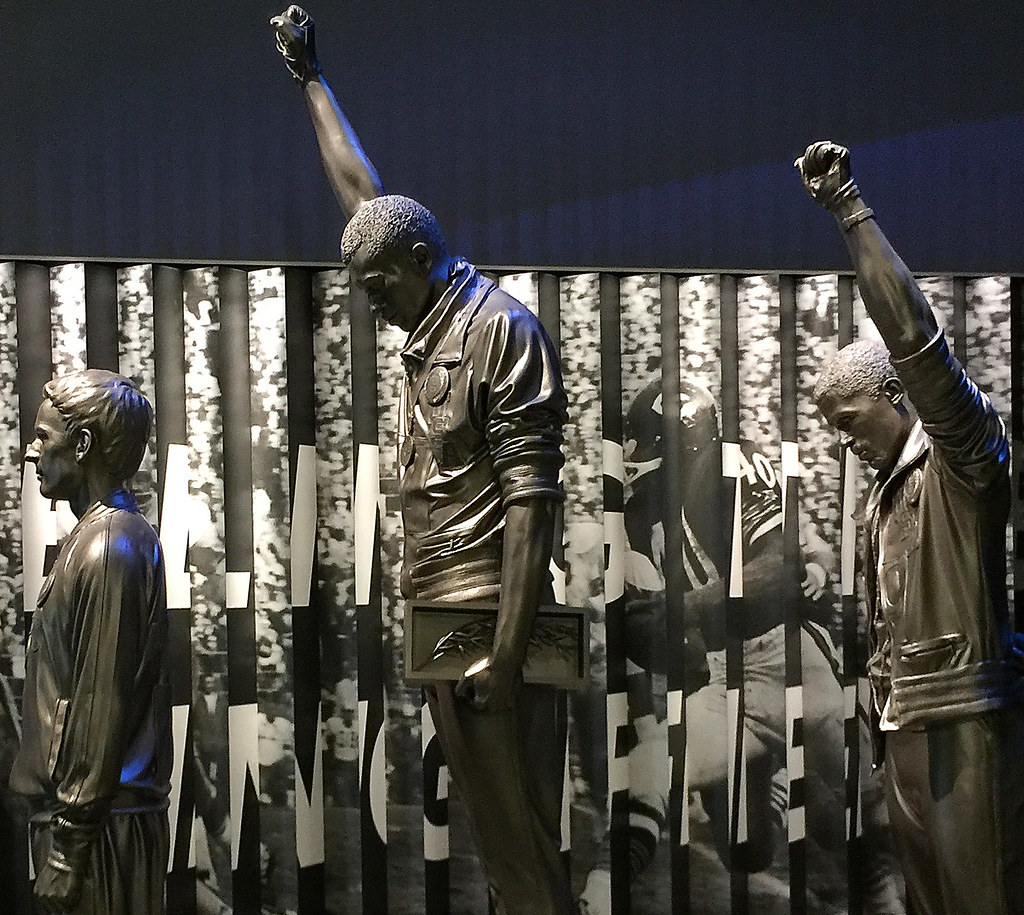
The Olympics:
The World’s Largest Political Platform
Politics and the Olympics
The Olympics Games, being the longest-running regularly scheduled gathering of athletes and nations in the world, have often been a stage for political theater of all kind, from blatant propagandizing to moments of inspirational progress. The Russian government’s crackdown on gay rights was the backdrop for the Winter Olympics in Sochi. And while Russian authorities might have wished otherwise, history indicates that the Olympics don’t distract from real-world issues so much as amplify them to the nth degree. If history is any lesson, though, it seems that both the International Olympic Committee and participating nations and athletes always end up being much more conciliatory — or cowardly, depending on which way you look at it — now than they might have been in the confrontational era between the 1960s and 1980s.
3. 1936: Jesse Owens Wins Four Gold Medals In Nazi Germany
What the Third Reich was hoping would be a massive Aryan propaganda boost turned into a historic embarrassment for Hitler and his cronies as African-American Jesse Owens decimated his track and field opponents, winning four gold medals. Seen here leading German Erich Borchmeyer in the 100-meter final by a margin of about, let’s say, 50 meters, Owens’ victories have stood for decades as a lesson in confronting, rather than sidestepping, prejudice.
(Another African-American, Ralph Metcalfe, actually took silver, finishing close behind Owens. He’s out of frame in the picture above. Borchmeyer finished fifth.)
4. 1964: South Africa Banned From Olympics Over Apartheid
The Summer Olympics came to Tokyo in October 1964, some 24 years after they were originally scheduled to arrive there, but South Africa was not one of the countries in attendance. The IOC gave the nation an August deadline by which it had to sufficiently renounce its discriminatory apartheid policies or else be banned. The deadline came and went, and South Africa did not participate in another Olympics until the 1992 Summer Games in Barcelona. Out of a 62-member delegation, South African had selected seven non-white athletes, but the IOC didn’t budge and stood its ground for the next 28 years, until the policies were officially repealed.
5. 1968: American Black Power Salute On Medal Podium
After winning gold in the men’s 200 meters final in Mexico City, American Tommie Smith (center) joined countryman John Carlos (right), who won bronze, and stood atop the medal podium. They bowed their heads and raised gloved hands to show support for the burgeoning Black Power movement. “I was representing shift workers, blue-collar people, and the underdogs. That’s why my shirt was open,” Carlos later said. Those are the people whose contributions to society are so important, but don’t get recognized.” Meanwhile, massive student demonstrations against Mexico’s right-wing government were taking place in and around the capital city.
6. 1972: 11 Israeli Athletes Murdered By Black September
The day before the start of the 1972 Summer Olympics in Munich, the Israeli Olympic delegation visited the Dachau concentration camp. Two weeks later, 11 members of the team were killed when eight members of the Palestinian group Black September took them hostage in their Olympic Village residence. The incident is still fraught: controversy surrounded London Olympic organizers last year when they opted not to honor the slain athletes during the 40th anniversary of the massacre with a moment of silence during the Opening Ceremony.
7. 1976: 28 African Countries Boycott Over New Zealand
Overshadowed by the 1980 and 1984 Olympic boycotts is what happened at the 1976 Summer Games in Montreal, in which more than two dozen African nations withdrew their delegations after the IOC refused to ban New Zealand for having maintained continued sporting relations with South Africa. (New Zealand’s legendary rugby team had toured South Africa earlier that year.) As a result, the Congo-led boycott included nearly all African nations, including a few that had already arrived in Montreal to compete.
8. 1980/1984: U.S., Soviet Union Boycott Each Other’s Olympics
As a result of the Sovet Union’s invasion of Afghanistan in 1979, the United States and a coalition of six other countries boycotted the 1980 Summer Olympics in Moscow. British prime minister Margaret Thatcher was a stanch supporter of the boycott, but the U.K. Olympic committee allowed athletes to decide for themselves whether they’d go to Moscow. (Her direct pressure on Sebastian Coe did little to dissuade his participation, and he went on to win gold in the men’s 1,500 meters.) Four years later, the Soviet Union and more than a dozen other countries responded by boycotting the 1984 Summer Olympics in Los Angeles.
9. 2004: Iranian Judo Champion Refuses To Face Israeli Opponent
Iranian Judo champion Arash Miresmaeili carried his country’s flag in the 2004 Olympics in Athens and was the favorite to win the gold medal in his weight class. But during the games he was abruptly eliminated for failing to make weight — an incredibly odd “misstep” for an experienced champion like Miresmaeili. His opponent in the first round was to be Israel’s Ehud Vaks, and comments attributed to Miresmaeili by Iran’s state-run news agency make it clear that he purposely missed weight rather than compete against Vaks. (It’s not the only time this kind of thing has happened: An Iranian swimmer in the 2008 Olympics quit a race rather than compete against an Israeli opponent, though he later claimed he was ill.)
10. 2012: Saudi Arabia’s First Female Olympian Runs The 800M
As Sarah Attar took to the Olympic Stadium track in London last August and competed in the opening heat of the women’s 800 meters, she made history as the first female athlete in Saudi Arabia’s history. Countries such as Brunei and Qatar also sent women competitors for the first time, meaning that all IOC participants had finally sent a female athlete. (A real cynic might contend that Qatar was hoping that relenting on this issue might provide them a boost in their chances of winning the 2020 Summer Olympics, but the IOC still rejected their bid two months before London.)
Read more: http://buzzfeed.com/erikmalinowski/8-dramatic-intersections-of-politics-and-the-olympic-games
References:
Minority black Olympic athletes in the 20th and early 21st centuries
The Summer Olympics and Paralympics through the lens of social science www. bl.uk/sportandsociety. Olympics & politics bibliography. Sarantakes, Nicholas …
Politics in the Olympics: learning from Nazi Germany
25 Jul 2012 … The 1936 Olympics, hosted by Nazi Germany, took a sporting event designed … was a chance to promote a new sense of “black pride” at home.
“The Olympic Games belong to the athletes and not to the politicians. … After concerns about the safety of Black athletes in Nazi Germany were put to rest by the …
1956 Summer Olympics and the mobilization of the Games for political purposes. … named Tommy Smith and John Carlos enacted a black power salute on the.
8 Dramatic Intersections Of Politics And The Olympics – BuzzFeed
31 Jul 2013 … 8 Dramatic Intersections Of Politics And The Olympics … group Black September took them hostage in their Olympic Village residence.
1968 Olympics Black Power salute – Wikipedia, the free encyclopedia
The 1968 Olympics Black Power salute was an act of protest by the African- American athletes Tommie Smith and John Carlos during their medal ceremony at …

Race, Culture, and the Revolt of the Black Athlete: The 1968 …
The book Race, Culture, and the Revolt of the Black Athlete: The 1968 Olympic Protests and Their Aftermath, Douglas Hartmann is published by University of …
Jesse Owens – Wikipedia, the free encyclopedia
At the 1936 Summer Olympics in Berlin, Germany, Owens won international fame with … success, he had to live off campus with other African-American athletes.

2 Black Power Advocates Ousted From Olympics
2 Black Power Advocates Ousted From Olympics … The decision to dismiss the athletes was made early this morning after the committee had been summoned …

London 2012 Olympics: Michael Johnson on why descendants of …
30 Jun 2012 … Olympic legend Michael Johnson (pictured) says a ‘superior athletic gene’ in the descendants of West African slaves means black American …
25 Apr 2006 … The U.S. Olympic team consisted of 312 athletes, including 19 African … but one leading Nazi newspaper demeaned black athletes by referring …


